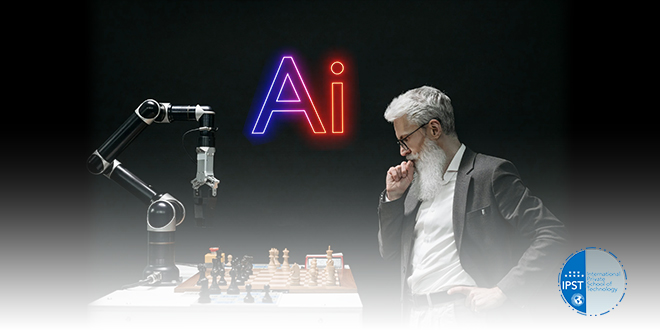Zurich, April 5 (Reuters) – A recent survey conducted by staffing provider Adecco Group indicates that artificial intelligence (AI) is poised to bring significant changes to the job market in the coming years, with many companies anticipating a decrease in their workforce due to AI implementation.
According to the report, which surveyed senior executives from 2,000 large companies worldwide, 41% foresee smaller workforces as a direct result of AI technology integration. This sentiment reflects a growing recognition of the transformative potential of AI in reshaping traditional employment structures.
Generative AI, capable of generating text, photos, and videos in response to open-ended prompts, has sparked both optimism and concern among industry stakeholders. While there is hope that AI will streamline repetitive tasks, there is also apprehension regarding its potential to render certain jobs obsolete.
Leading tech companies such as Google and Microsoft have already initiated waves of layoffs as they pivot towards AI-driven systems like OpenAI’s ChatGPT and Google’s chatbot Gemini.
The Adecco survey, one of the largest inquiries into the impact of AI on the workforce, echoes findings from a 2023 World Economic Forum study, which indicated that 25% of companies expect AI to result in job losses, while 50% anticipate the creation of new roles.
Denis Machuel, CEO of Adecco Group, emphasized the dual nature of AI’s impact on employment. “Almost all jobs are going to be impacted by AI one way or another,” he stated. “AI can be a job killer and it can also be a job creator.”
Machuel urged companies to proactively prepare for this disruption by investing in employee training to facilitate collaboration with AI technologies. Rather than relying solely on external recruitment, he emphasized the importance of upskilling existing staff to navigate the evolving landscape of AI-driven work environments.
“Ten years ago, there was this big fear that many jobs would be destroyed by digitalization, when in reality, the digital world has also created numerous opportunities,” Machuel noted. “Between jobs created by AI and those destroyed, we believe there will be a balance.”
As businesses brace for the AI-driven future, the imperative lies in strategic workforce planning and continuous skills development to harness the potential of AI while mitigating its adverse effects on employment.
 International Private School of Technology المدرسة الدولية الخاصة للتكنولوجيا Private School مدرسة خاصة للتكوين المهني
International Private School of Technology المدرسة الدولية الخاصة للتكنولوجيا Private School مدرسة خاصة للتكوين المهني


